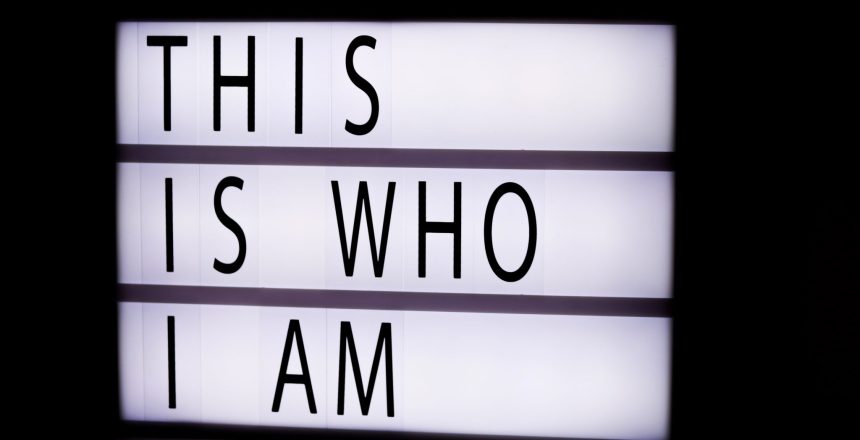When to use Who, Whom & Whose
Hi Guys
Today we are going to look at the difference between who, whose & whom. This can be tricky even for native speakers so you might not get it right away. Luckily the vast majority of native speakers don’t actually tend to bother using ‘whom’ as it is quite an old fashioned and overly formal word. That said, many non native speakers are interested in the difference between them so we thought we would create this handy blog post.
When to use Who
We use who to refer to the subject of a sentence (or the doer/described.) In these sentences the verb usually follows the word who. Eg:
- The policeman who chased the criminal.
When to use Whom
We use whom to refer to the object of a sentence (or the receiver/ the description.) In these sentences the subject usually follows the word whom. Eg:
- The criminal whom the policeman chased.
Whom is particularly difficult to use correctly. It is very old and outdated and is not often used by native speakers. The main thing to remember with whom is that it is an object pronoun like him, her or us.
When to use Whose
We use whose when talking about possessions (or when something belongs to somebody else.) Usually in these sentences the possession follows on from the word whose. Eg:
- Grandma whose necklace was stolen.
se
Let’s see if you can put it into practice. Fill in the gaps with either who, whom or whose
- ____ directed the film?
- _____ will he ask to the party?
- ______ car is parked in front of the entrance?
- From _______ did you get the information?
- We’re driving to the city. ____ wants to come with us?
- I have no idea ____ said that about you to me.
- Do you know _____ that child is?
- I would love to meet the author ____ wrote this book.
- ____ were you referring to in the email?












